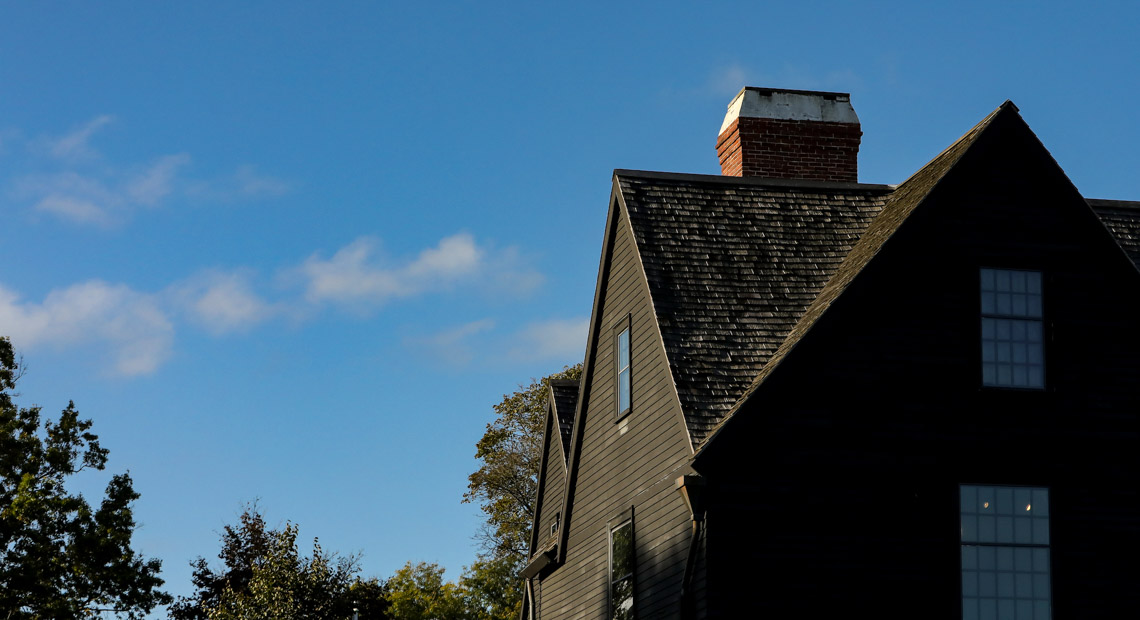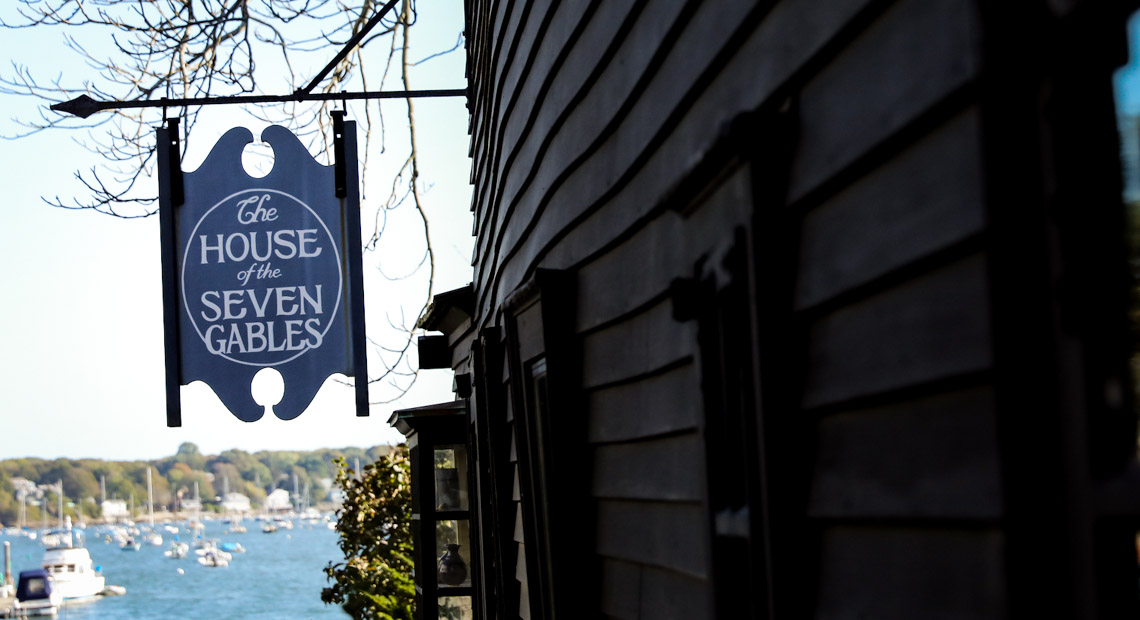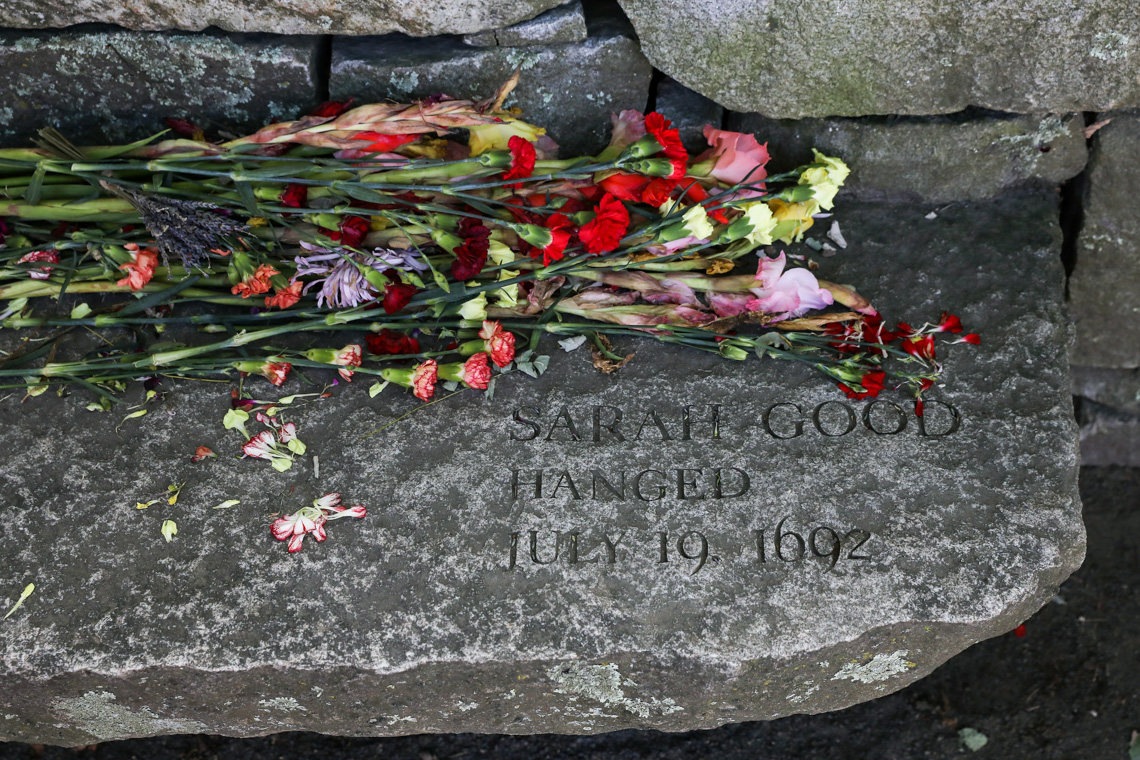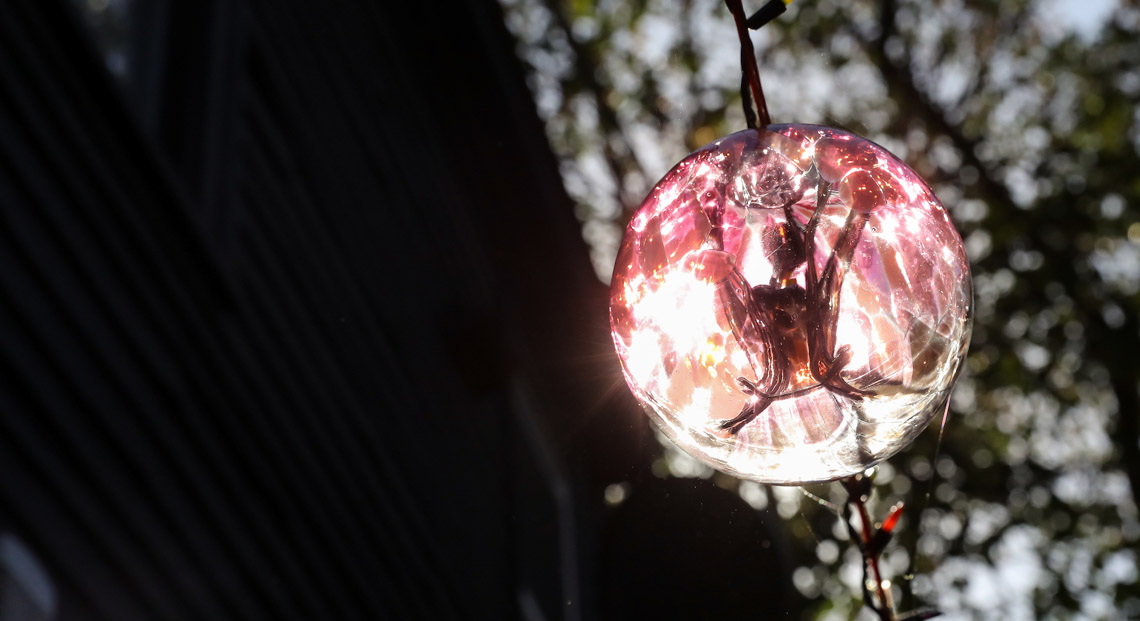They’re not here for haunted houses and Hocus Pocus. These Suffolk University freshmen are seeking a link between the past and the present in Salem, Massachusetts. To learn what it means to be marginalized and vilified — and to explore the power and agency that come with reclaiming a hurtful word.
They've come to unpack the term “witch.”
Freshman psychology major Ruya Caglar chose a course called Literary Witches and Wizards for her first semester in college because she knows what it feels like to be labeled:
“I’m an incredibly feminist person. I’m outgoing. The term ‘witch’ has actually been used on me. Like ‘Oh, this person is a witch; she doesn’t fit the social norms of a woman. She is a little bit out there, too much.’”
Literary Witches and Wizards is part of the Seminar for Freshmen course series offering new students unique opportunities to immerse themselves in exciting, provocative, or timely topics. Seminars enhance the college experience by encouraging students to engage in-depth with the world outside the classroom, from the wild acres of Wolf Hollow to the graveyards of Salem.







